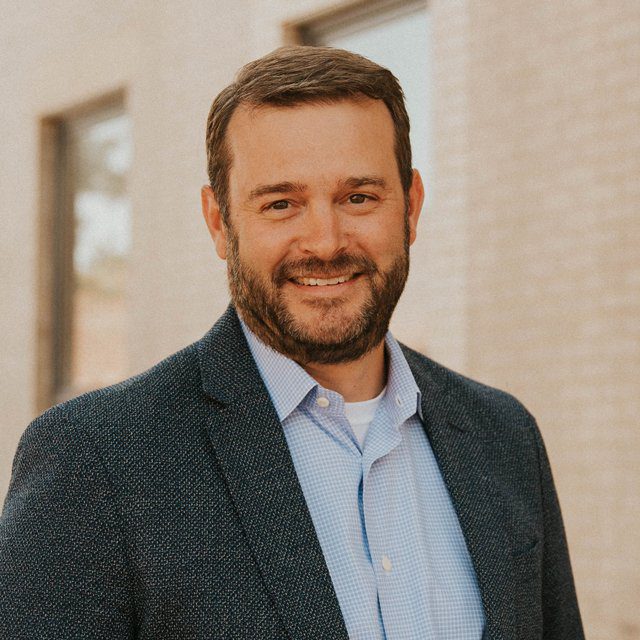Why ESG Investing Is 'a Mess' and What to Do About It

The world of investing with environmental, social and governance factors is in a shakeup.
The U.S. market for ESG-related products is now estimated to be $8.4 trillion, according to a study published Tuesday by the US SIF Foundation. That’s roughly half of the $17.1 trillion asset tally this sector had two years ago.
US SIF, an advocacy group for sustainable and responsible investments, says it changed its methodology, and thus analyzing the numbers for 2020 and 2022 is a bit like comparing “apples and pears,” according to a recent Bloomberg report.
“The market is clearly taking a more critical eye toward the less robust end of the spectrum, leading to a reset both here and in Europe,” said Rob Du Boff, senior ESG analyst at Bloomberg Intelligence in New York.
For some time, ESG supporters have advocated for the stricter application of its standards and labeling. Meanwhile, there have been “multiple regulatory proposals put forward [in 2022,] as well as accusations of greenwashing and political attacks by some policymakers,” US SIF CEO Lisa Woll told Bloomberg.
Vanguard opted last week to withdraw from the Net Zero Asset Managers’ climate initiative “so that we can provide the clarity our investors desire … and to make clear that Vanguard speaks independently on matters of importance to our investors.”
Earlier in December, Florida decided to pull $2 billion worth of state assets managed by BlackRock, as part of Republicans’ fight with the firm tied to its ESG investing practices. Missouri withdrew some $500 million of pension assets from BlackRock in mid-October, pointing to the firm’s prioritization of ESG concerns over shareholder returns.
To get a sense of what these developments mean for financial advisors and the industry, ThinkAdvisor asked Robert Miller, CFA, CEO of RIA Frontier Asset Management, about changes in this sector and the values-investing work he does with clients.
THINKADVISOR: The ESG arena seems full of turmoil right now. What’s been going on and what do you see happening next?
ROBERT MILLER: It is a mess because you cannot standardize someone’s values. The term ESG means many different things to many different people.
For example, in the investment industry, there is often a wide divergence when it comes to ESG rating criteria among the various providers of company ESG ratings, variations in inclusionary and exclusionary screening criteria within ESG Index construction, and often substantial differences in the makeup and holdings of many ESG investment products currently available.
Take the Vanguard ESG US Stock ETF (ESGV), for instance, which attempts to exclude fossil fuel investments from its portfolio entirely and had a total allocation to the energy sector of 0.02% as of Oct. 31, according to Morningstar data.
At the same time, the SPDR S&P 500 ESG ETF (EFIV) has several holdings in oil and gas and traditional energy producers like Exxon, ConocoPhillips and Marathon Petroleum Corp, among others. Both are built with ESG in mind, but there can be significant differences in the holdings and resulting risk/return profiles of the investments.
With everything someone muddled right now (such as oil firms investing in solar), how can investors really screen for their values?




